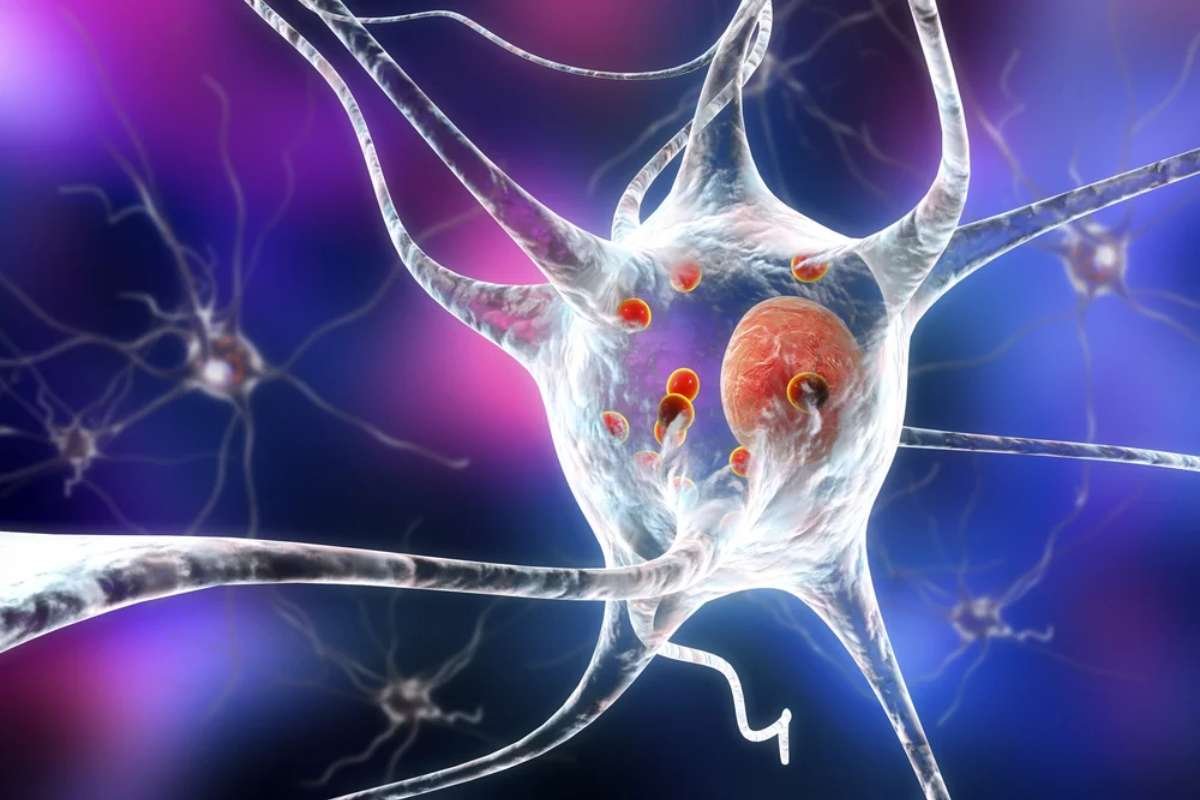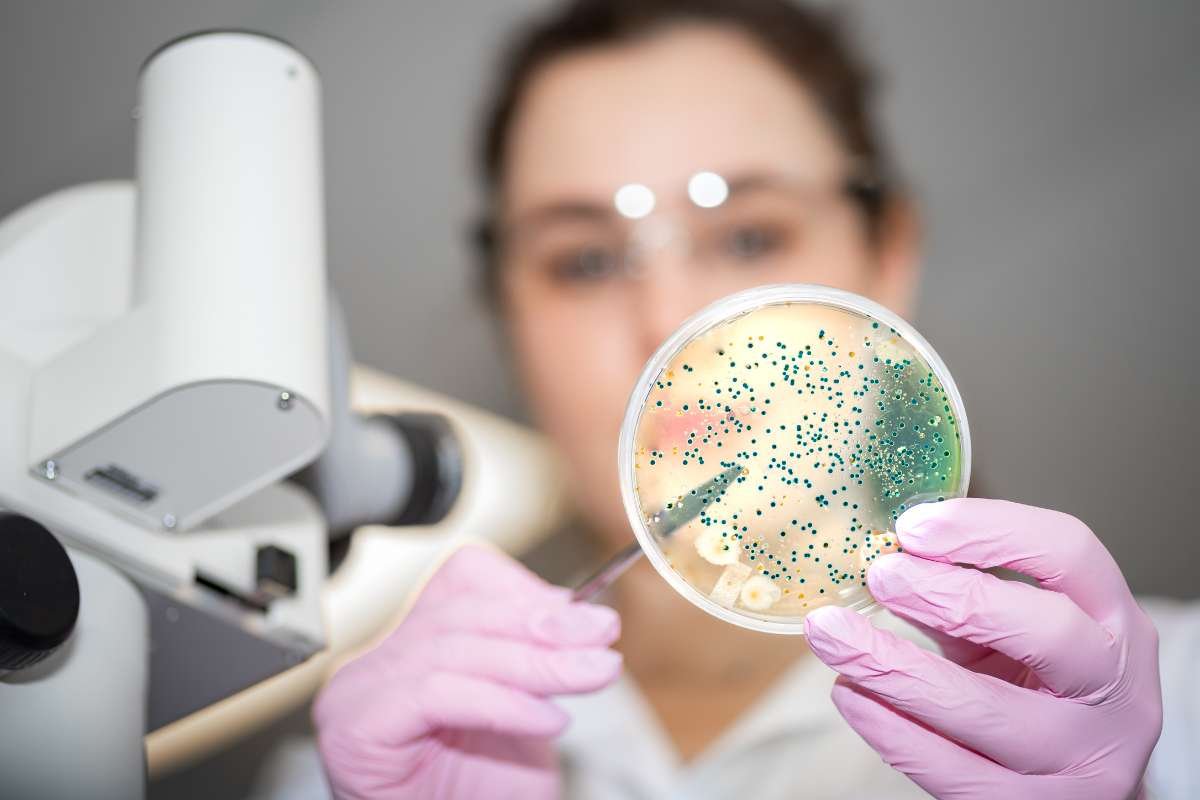Two years ago, Shay Emerton was having a fantastic time while playing football for an old students’ school squad on a beautiful spring day. There were only ten minutes left in the game when his life was forever altered.
The ball struck me on the side of the head when the goalie kicked to clear it, according to 26-year-old Emerton. My legs crumpled under me as I tried to flee after becoming lightheaded. I had the idea, “I’m in trouble here,” before going unconscious.
The biochemistry graduate from the University of Bath experienced a seizure and suffered a respiratory arrest. Before an ambulance arrived and brought Emerton to Watford General Hospital in April 2021, he had mouth-to-mouth resuscitation from an anaesthetist who was on the opposition team during the game.
Emerton underwent scans at the hospital, and when he was healing, he received some devastating news: He had a brain mass that was later identified as a grade 2 glioma, a slow-growing and incurable brain tumour, at the National Hospital for Neurology and Neurosurgery in central London. He said, “I was promised they would do the best with surgery.
In July 2021, he underwent surgery to have the 98% of the tumour on the left side of his brain removed. His right side was momentarily immobilised, but he gradually made a full recovery.
For low-grade gliomas, doctors often use a “watch and wait” approach after initial therapy, as there are few pharmacological alternatives available. Because it is difficult to cross the blood-brain barrier, which serves as a barrier against infections, targeted therapy for brain tumours are particularly tough.
Emerton, a landscape gardener in St. Albans, Hertfordshire, began looking into treatments when he came across a study of a novel medication called Vorasidenib, whose creators hoped it may help many low-grade gliomas grow more slowly.
However, it was too late to refer him to the Royal Marsden hospital in the heart of London. After clearly demonstrating a benefit for the Vorasidenib group, the 331 patients from 10 countries participating in the Indigo trial were stopped. The medicine was subsequently made available to each member of the placebo group.
According to the study, patients who received Vorasidenib lived an average of 27.7 months without experiencing a worsening of their condition or passing away as a result of any cause, compared to 11.1 months for those who received a placebo.
Despite the positive results of the trial, Emerton was informed that the medication was not covered by the Early Access to Medicines Scheme (Eams), which was encouraging news nonetheless.
Emerton said: “It’s really upsetting that there is something out there that could potentially enable me to live a longer life and I can’t access it. I have six-monthly scans to check my tumour, which is now stable. Because the clinical trial was so effective, they ended it.
Dawn, his mother, is currently working to increase the drug’s availability to brain tumour patients who qualify. She is 62 years old. Early in September, Daisy Cooper, the health and social care spokesperson for the Liberal Democrats, raised the issue of making the medicine available to qualified patients with brain tumours in the House of Representatives. The Medicines and Healthcare products Regulatory Agency (MHRA), according to Will Quince, would evaluate any application.
Brain Cancer Breakthrough: New Clinical Trial Tests Direct-to-Brain Tumour
People often advise waiting until a medicine is approved, but Dawn noted that these patients lack the luxury of time. Tumour progression is possible at any stage. She has written to Servier, the firm that makes the medicine, pleading with them to offer it under Eams.
The manufacturer claims that although there is no other equivalent programme in any other country, the drug is accessible under expanded access in the US, which is one possible avenue for a very ill patient to acquire a medication outside of clinical trials.
According to Emerton’s family, the instance brings attention to the more general problem of the few treatments available for people with brain tumours. They are standing in favour of a demand made by organisations that promote brain cancer research for increased money.
According to a report released in February by the all-party parliamentary committee on brain tumours, partners of the nonprofit National Cancer Research Institute have supported £10 billion in brain cancer research since records first began in 2002, yet only £126 million (1.3%) of this amount was allocated to research on brain tumours.
In the UK, brain tumours are the brain cancer that kills the most children and adults under the age of 40. Each year, 12,000 people in the UK receive a primary brain tumour diagnosis.
The standard of care for people with brain tumours has not changed significantly in a generation, according to Hugh Adams of the charity Brain Tumour Research. “This is about hope, not just access to new treatments,” he said. It’s time to think creatively and critically.
He claimed that due of the scarcity of cutting-edge therapies and treatment alternatives in the UK, some families were seeking care abroad. Any requests for a drug’s market authorization to be made available under Eams, according to the MHRA, are private. A request for response from Servier was not answered.
“Brain cancer is a devastating disease, which is why we’ve allocated £40m for research in this area, on top of £1bn a year for wider health research,” a Department of Health spokesperson said. Every appropriate study application received funding from us, and it will continue to be made available for additional studies to create novel cures and treatments for brain tumours.
Also Read: What New Research On Obesity And Brain Chemistry Means For Healthcare?











